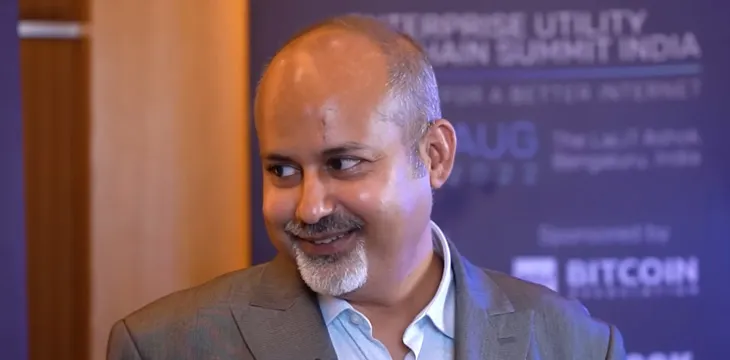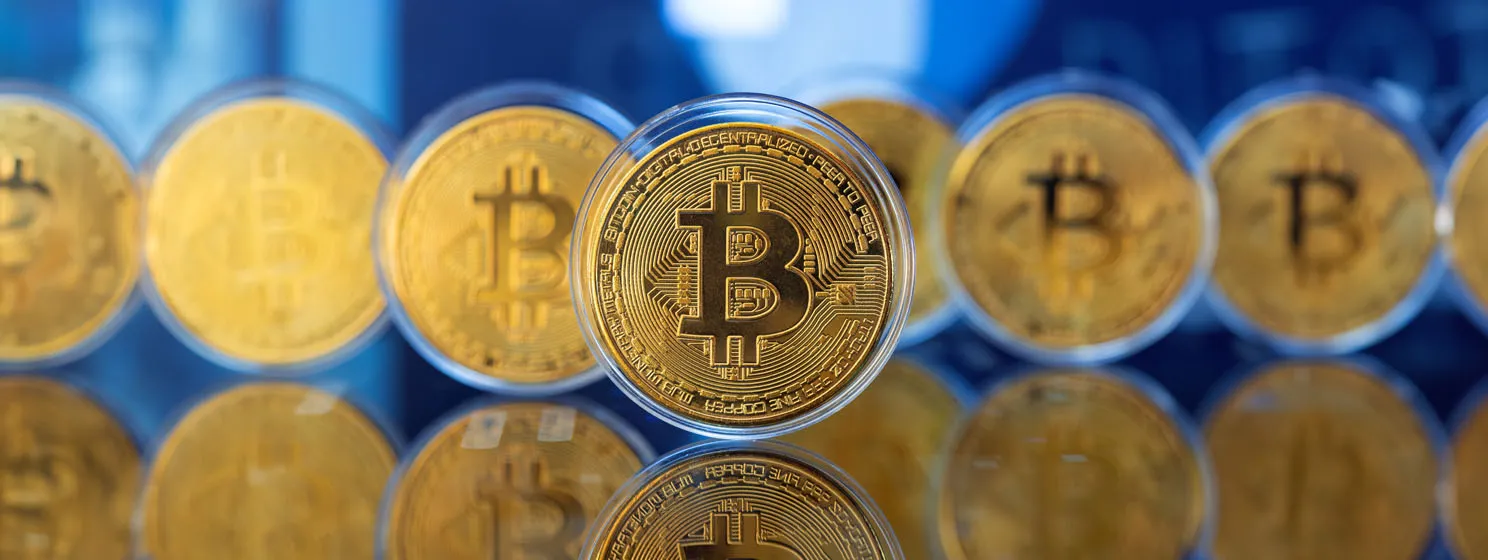|
Getting your Trinity Audio player ready...
|
India is one of the country’s leading the way in blockchain adoption. Although its government is still determining its stance on digital currencies—even stating that they are in ‘no hurry’ for a CBDC despite its growing user base—it’s clear that India wants to adopt blockchain technology.
This sentiment was prevalent at the 2022 Enterprise Utility Blockchain Summit (EUBS) in India, which showed how the South Asian country is ready for the blockchain revolution.
One of the speakers at the EUBS was Prof. Sandeep Shukla, a blockchain expert and Professor of Computer Science and Engineering at the Indian Institute of Technology, Kanpur. Prof. Shukla also implements different blockchain solutions for the government through his National Blockchain Project, which started in 2018.
“The benefit [of the National Blockchain Project] is that you can put data integrity into the system because if you do a centralized repository of data, there is always a chance that an insider can tamper with that data. There is also a question of how to show identity to people such that the identity cannot be misused by others when you transfer that identity in [the] form of paper copy or something to other people. We also have the ability to provide better privacy through that self-sovereign identity,” Prof. Shukla said, explaining how the National Blockchain Project, funded by India’s National Cyber Security Coordinator’s office, helps the country.
He also shared that Indian ministries are already running multiple programs on the blockchain, especially in the information technology field.
“The Ministry of IT has a center of excellence in [the] blockchain. We have a UTIO, which is our kind of like a think tank for the government. They have done two large studies and published them in various pilots in [the] blockchain. There is a national blockchain policy document by the Ministry of IT. We also often get contacted by other ministries, state ministries, and central government to consider possible other projects in [the] blockchain. So I think it is quite, I would say, quite welcoming,” Prof. Shukla he noted.
Talking about scalable blockchains, Prof. Shukla said scalability is “often the issue with blockchain.” Scalability isn’t a problem if we need blockchain for records; however, it’s a different story when it comes to integrating digital currencies—and the professor thinks the BSV blockchain is a good fit for this kind of job.
“In general, when we do digital currency, etc., we have to have high throughput blockchain. So I think there is a case to be made for high throughput blockchain. Now the question is what kind of blockchain that would be, whether it’s one mission or permissionless that depends on not only on the technology issues, but also on the government appetite for the corresponding pros and cons for the two different methods,” he pointed out.
“[As far as] I understand, they (BSV blockchain) have no upper limit on blocks, which makes it easier for us to get a high throughput. It does have the ability to do the transaction validation through special nodes rather than any miner kind of thing, which makes it also good for scalability,” Prof. Shukla commented.
Watch: Bangalore and blockchain—the synergy is there

 06-30-2025
06-30-2025 





